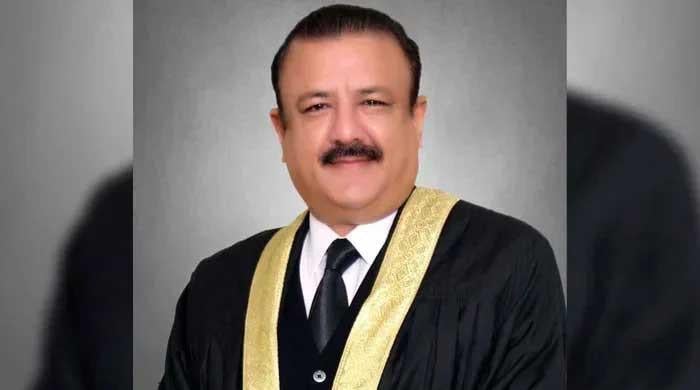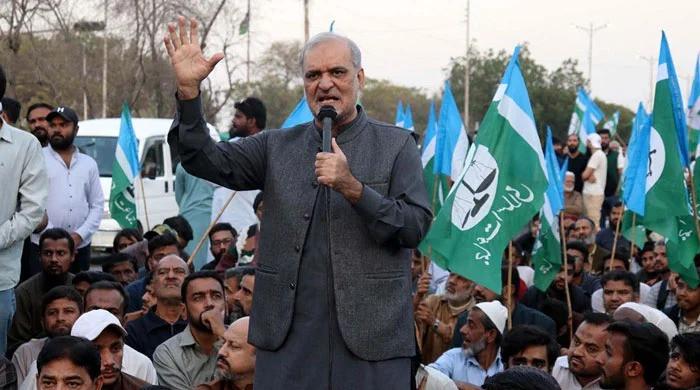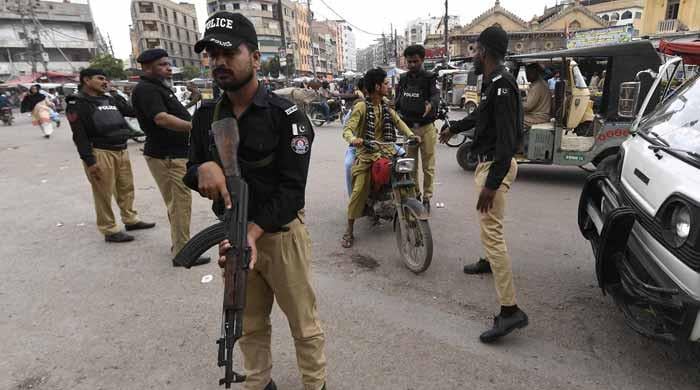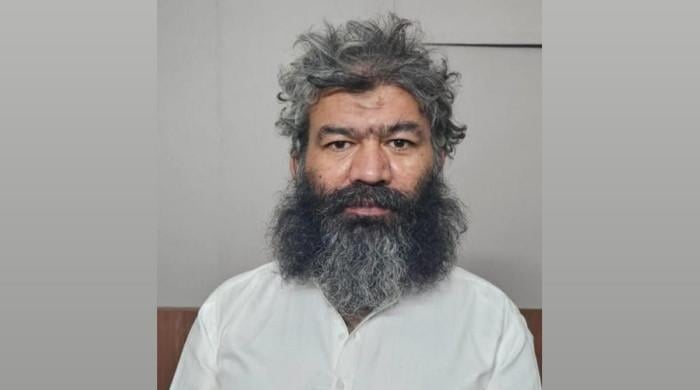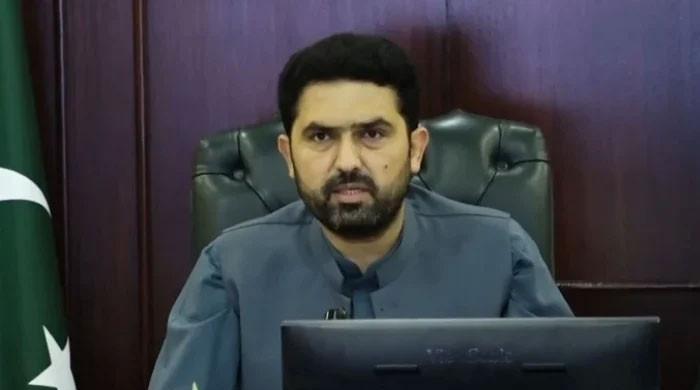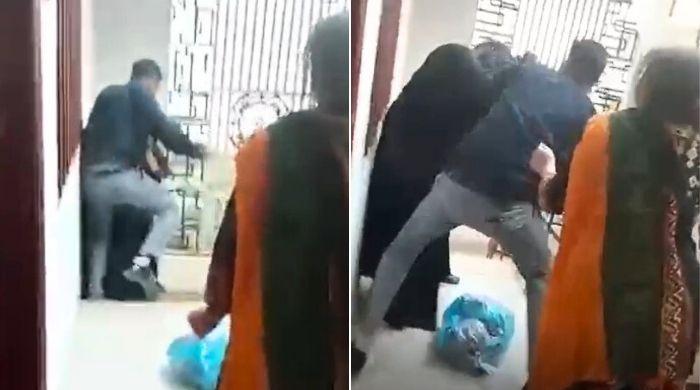The difference between a 'conspiracy' and 'interference': a diplomat’s view
US and Pakistan have exchanged very harsh diplomatic cables in the past, but it doesn't prove a sense of conspiracy, says Maleeha Lodhi
April 15, 2022
- Maleeha Lodhi opines narrative of PTI is not based on reality.
- It is just a diplomatic exchange and there is nothing unusual, says Maleeha Lodhi.
- Imran Khan did not make foreign policy that displeased US government, says former diplomat.
Former Pakistan’s ambassador to the United Nations and United States Maleeha Lodhi clarified the difference between "interference" and a "conspiracy" during an exchange of a diplomatic cable between countries, saying verbal interference cannot be termed a conspiracy.
On Thursday, Inter-Services Public Relations (ISPR) Director-General Major General Babar Iftikhar clarified that the word "conspiracy" was not used in the statement issued after a meeting of the National Security Committee (NSC) last month.
The DG ISPR said he cannot discuss what was discussed in the meeting, but noted that the word "conspiracy" was not used.
Speaking on Geo News programme Aaj Shahzeb Khanzada Kay Saath, Lodhi said that countries do not have identical interests.There are contradictions and differences lie between countries, which are exchanged through diplomatic cables, she said.
“Therefore, with the narrative of foreign conspiracy Imran Khan was building up since the beginning, in my view, there was no reality behind it,” she said.
"Now DG ISPR also categorically rejected that the word "conspiracy" was not used in the statement issued after a meeting of the NSC," she said.
Referring to the claim of former prime minister Imran Khan in which he blamed the US government for toppling his government through a no-confidence motion with the help of the Opposition.
The former ambassador added that neither was there a reason and nor did Imran Khan make such foreign policy that displeased the US government and led it to hatch a plot against him.
She opined that the narrative of PTI was not based on reality.
Clarifying the difference between "interference" and "conspiracy", Maleeha Lodhi went on to say that if any country interfered in internal affairs like politics or the economy of another country, it could be termed as interference based on verbal communication.
Lodhi further explained it with an example in terms of foreign relations and said, “sometimes countries also speak against violation of human rights in other countries. It is also termed as interference.”
“If harsh and undiplomatic language was used in the cable, the government should have sent strong demarche quickly instead of waiting for weeks,” she added.
Maleeha Lodhi said, “In the past, we have exchanged very harsh diplomatic cables with the US on nuclear programme and the war on terror, but it does not prove a sense of conspiracy.
“Therefore, It is just a diplomatic exchange and there is nothing unusual,” she said.
'Threat letter': A diplomat's view
Days before the ouster of Imran Khan, another top level diplomat who served as a high commissioner to India, Abdul Basit, also rebutted the claim of Imran Khan and said that state officials issuing such threats to diplomats is completely unheard of.
"Incidents where state officials tell diplomats that they would sever ties if a country's government is not sent packing has never been heard before," he said.
He was also speaking on Geo News programme Aaj Shahzeb Khanzada Ke Saath. Basit, who was also the former ambassador of Pakistan to Germany, said that "sensitive issues of foreign policies should not be discussed in public."
He said that the memo the prime minister has been referring to most probably carries the minutes of the meeting between US officials and a Pakistani diplomat, adding that along with the minutes, the letter might also include the assessment of the diplomat regarding the future.
"The briefing provided by the prime minister to journalists does not make it clear whether the mention of the no-confidence motion in the letter was the Pakistani diplomat's personal assessment or whether it was said by the officials of the foreign country in question," he said.




